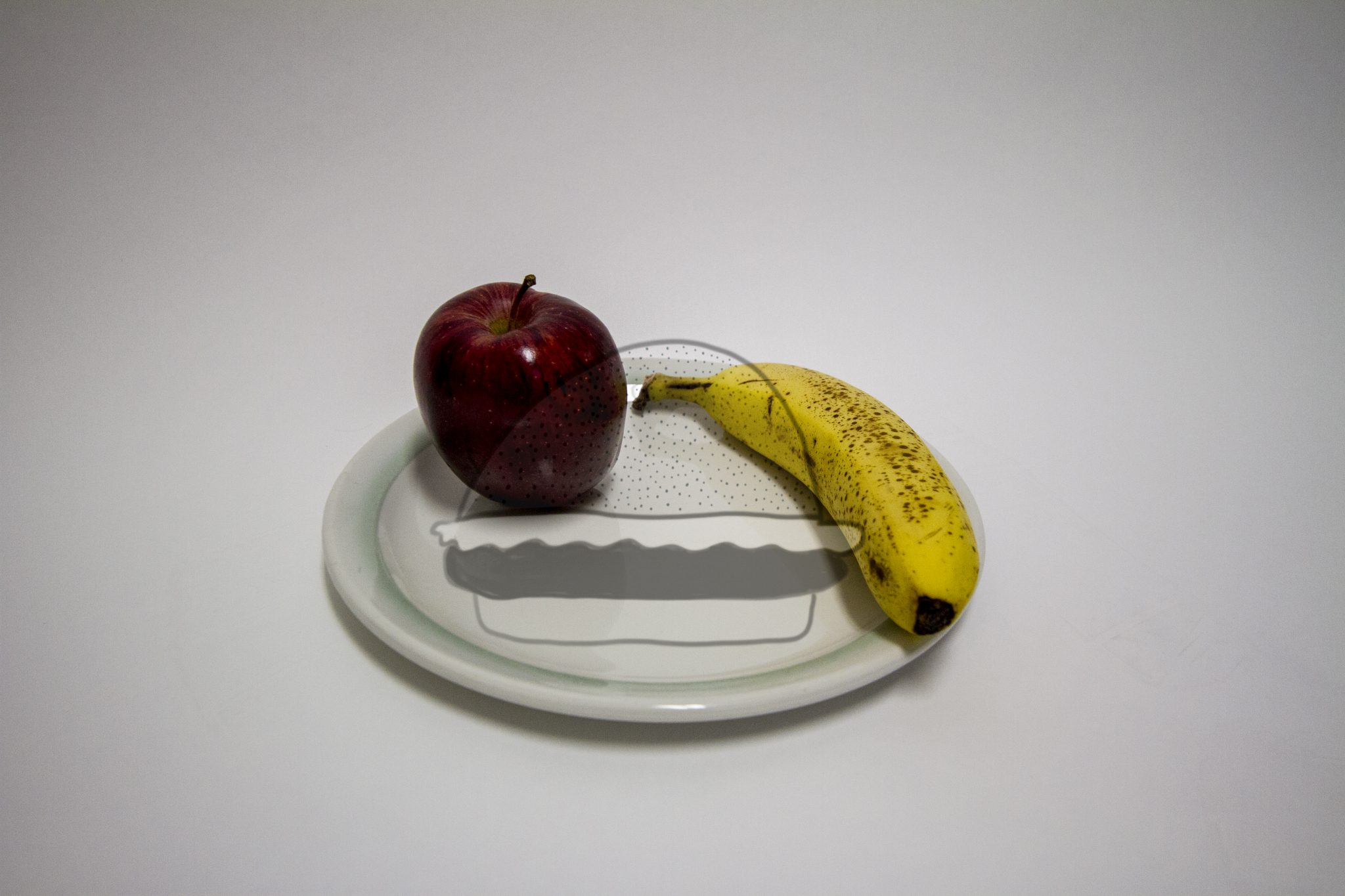Being critical of diet without criticizing others


We are fortunate to live in a day and age where we are given seemingly endless dietary options that can fit specific eating restrictions and overall preferences.
Opportunities to consume unnervingly specific foods catered to the needs of — what would once be considered — niche health groups are becoming more and more popular with each passing Gwyneth Paltrow blog post about “detox tea.”
With so many evolving diets that people are choosing to abide by, I find myself seeing a corresponding increase in the amount of people who judge what others choose to put on their plates.
There are countless reasons to eat the foods that we do. Convenience, health consciousness, allergies, diseases, individual beliefs, you name it.
Food is connected to so much of what we do and how we live that it seems to be an almost universal reaction for people to extend judgments toward others who do it differently.
I am slowly but surely attempting to work towards becoming a vegetarian. I have made it a personal goal of mine to one day be vegan, but I’ve allotted that for a time in the future where I won’t cave and buy a cheeseburger the minute I walk by a McDonalds.
I see complete merit in the ethical and health benefits surrounding this diet choice — however, I would not use it as a means to be a sanctimonious asshole.
The problem I find with any diet is that there are always going to be health experts in the surrounding vicinity and adamant naysayers who are steadfastly against your personal choices. A vegan casting judgment upon someone who eats meat because of their “mindless consumption of innocent lives” isn’t going to effectively promote anyone’s cause.
I get it, showing visuals that depict the graphic horrors of slaughterhouses may jolt a person into a dramatic life change, but most of the time it doesn’t. People generally don’t like being yelled at and told they’ve been living a pretty essential part of their life “wrong”.
Advocating for your cause is one thing, but blasting another person for their own choices isn’t likely to elicit a complete reversal in their belief system.
Treating legitimate diseases and food insensitivities like they’re inconveniences isn’t a progressive or helpful stance to take on an otherwise arbitrary fact of life for someone else.
On the other side of this, loud and proud meat eaters also have the tendency to shove their unshakeable dedication to animal consumption under the noses of otherwise quiet vegetarians and vegans.
Loud mouthed remarks that no one asked for regarding their “obvious” lack of protein, how humans were designed to eat meat and how bacon is a way of life, are an unnecessary addition to the comment section of almost any vegetarian post I see online.
I have never understood the need others have to infringe upon someone else’s decisions regarding food. I believe that it’s possible to calmly educate and inform others about it.
I consider it necessary for my own health to become more knowledgeable about what I eat, but I’m not going to publicly call out someone who likes pepperoni on their pizza.
As a type 1 diabetic, a huge portion of my life is dedicated to what food I put into my body. I count and track carbs, which then determines how much insulin I have to give myself. This has created a general onslaught of daily comments from people who assume they know what’s best for me.
People act aghast when I eat fruit, trying to convince me that I can’t eat any sugar. In restaurants when I’ve ordered a diet soda, wait staff have either rolled their eyes or made comments that I “don’t need it.”
I see assumptions like this made in lines at Starbucks, where someone ahead of me — who may or may not be lactose intolerant — orders soy milk in their coffee and the barista acts like they’ve told them to spit in it.
I don’t believe in pushing people to swear off gluten if they don’t want or need to, but I’m not about to cast a judgmental glance at a person picking up a gluten-free item in a grocery store. For all I know they have celiac disease, something that I myself can develop at any point in my life because of my diabetes.
And I don’t even want to think about a life without garlic bread, so let’s not go there.
Treating legitimate diseases and food insensitivities like they’re inconveniences isn’t a progressive or helpful stance to take on an otherwise arbitrary fact of life for someone else.
Diets and food fads are always changing and I think for the most part, it isn’t unreasonable to respect how someone else gives their order at a restaurant.
Preaching isn’t the appropriate response to have when someone tells you what they like on their burger.


